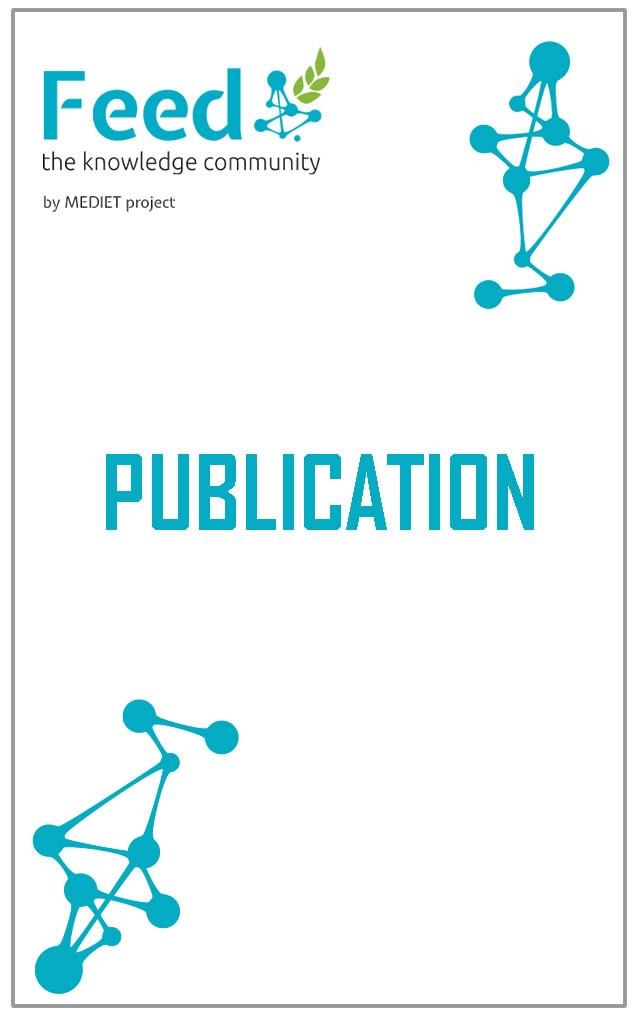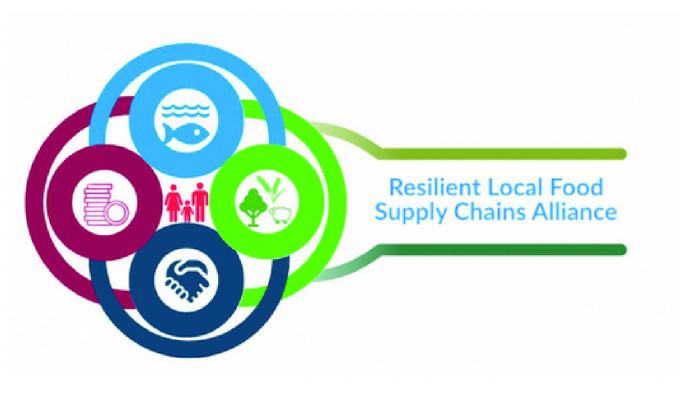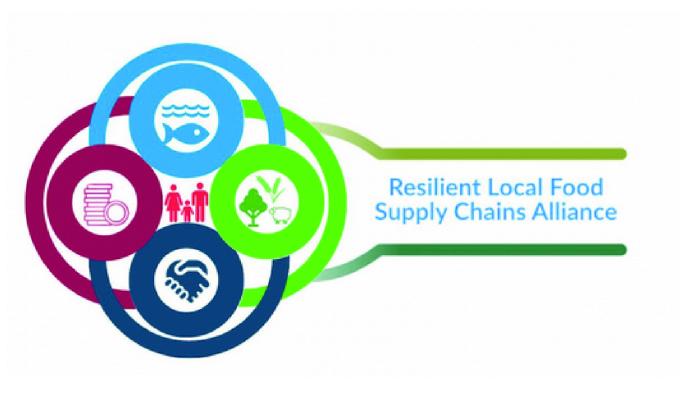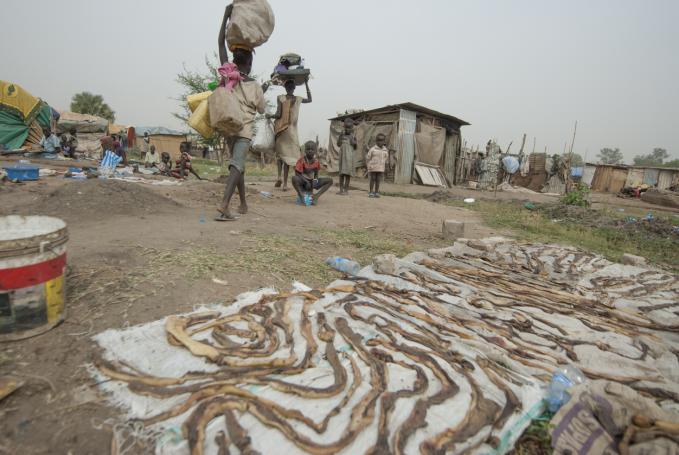PUBLICATIONS

Edited book
Towards the development of guidelines for improving the sustainability of diets and food consumption patterns: the Mediterranean Diet as a pilot study
Year:
2012
Author:
You must be registered to see all the content
Feeding the world population requires new strategies to ensure food and nutritional security. Today, the main challenge for the food and agricultural sector is to simultaneously provide enough food, in quantity and quality, to meet nutritional needs of a growing and more affluent population and to conserve the natural resources for future generations. FAO predicts that to satisfy the food demand in 2050 food production has to increase by at least 60 percent in the next decades. This figure can be reduced by improving production efficiency, changing diets and decreasing food losses and waste. Dietary patterns are important drivers for (un)sustainable agricultural and food systems from the nutritional, health, economic, environmental and social standpoints. Therefore, steps must be taken as a matter of urgency to assess the sustainability of diets in different agro-ecological zones through the development of methods, indicators, and policy guidelines. The Mediterranean diet is a shared Mediterranean heritage that was been recognized by UNESCO as intangible cultural heritage of humanity since November 2010. It is widely considered a healthy dietary pattern and a greater adherence to the Mediterranean diet has been associated with significant improvements in health and nutritional status. It has also been appreciated for its lower environmental impact. Nevertheless, despite the well-documented benefits of the Mediterranean diet, current data show a decline in adherence to the Mediterranean dietary pattern in northern as well as southern and eastern Mediterranean countries. For these reasons, and because it concerns a number of countries, the Mediterranean diet has been selected by FAO for a pilot study - involving CIHEAM-MAIB and other Mediterranean institutions - for the assessment of the sustainability of diets. This paper is the outcome of the collaboration between FAO and CIHEAM-Mediterranean Agronomic Institute of Bari. It was prepared for the session on “Food Systems and Sustainable Diets: The Mediterranean diet as a Pilot Study” of the International Seminar on “The Sustainability of Food Systems in the Mediterranean Area”; organised on the occasion of the 9th Meeting of the CIHEAM Ministers of Agriculture, held in September 2012 in Malta. This paper aims at contributing to the design of guidelines to improve the sustainability of diets and addressing the main challenges faced by food systems in the Mediterranean area. The paper (i) analyses the concept of sustainable diets as well as the main drivers of (un)sustainable food consumption and production; (ii) discusses the main nutritional, health, economic, environmental and socio-cultural challenges related to food consumption patterns in Mediterranean countries; (iii) proposes a preliminary methodological framework for the assessment of the sustainability of the Mediterranean diets especially some tentative indicators; and (vi) proposes future joint research and action programmes/projects for enhancing the Mediterranean diets sustainability.
Secondary Author:











